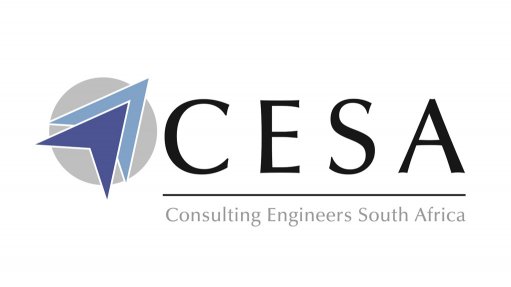
Following the launch of Consulting Engineers South Africa’s (Cesa’s) Sustainability Framework last year, it was likely that member firms would have until the 2015/16 financial year to start incorporating a simple sustainability report into their annual reports that are submitted to the association.
Sustainability was becoming increasingly important amid the rising prices of dwindling resources and Cesa and multidisciplinary engineering consulting firm GIBB have moved to actively integrate sustainability into their business structures.
GIBB sustainability manager Karien Erasmus, whose company was tasked with developing the framework, explained that incorporating sustainability into business practices was increasingly expected by stakeholders and would improve risk management, while deriving financial benefits from higher innovation and lower overhead costs in the long term.
It would also improve a company’s reputation and trust with employees and clients, she said at the Young Professional’s Sustainability Imbizo, in Boksburg, on Monday.
The new reporting process, which was aligned with the Global Reporting Initiative’s G4 guidelines, aimed to provide a platform for members to “identify their role with regards to sustainability and to create a culture of collaboration within the engineering sector related to sustainability”, she explained.
The reporting process was “watered down” somewhat to enable single-employee companies, as well as multinational giants, to participate.
To enable an “easy transition”, a minimum requirements checklist, including organisational profile, sustainability strategy overview and acknowledging Cesa’s sustainability indicators, had been developed.
Companies would need a signed sustainability policy; to provide a description of material sustainability impacts, risks and opportunities; to embark on stakeholder engagement process, with an internal discussion on sustainability with employees at the minimum; and to outline the company’s sustainability targets.
The sustainability indicators included education, economic and political certainty, eradication of corruption, job creation and responsible development.
While implementing and maintaining sustainability would require a mindshift, Erasmus pointed out that it also brought “numerous opportunities”.